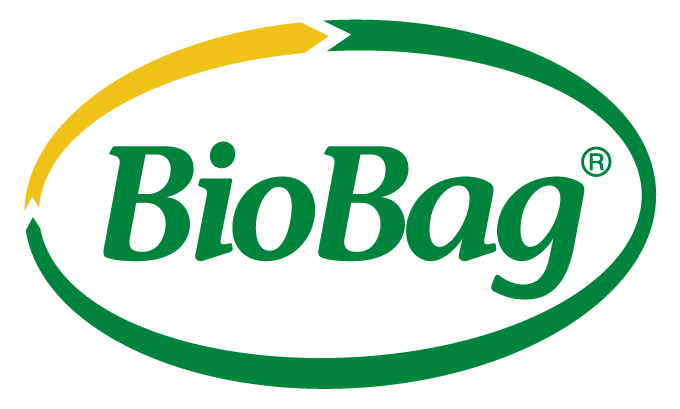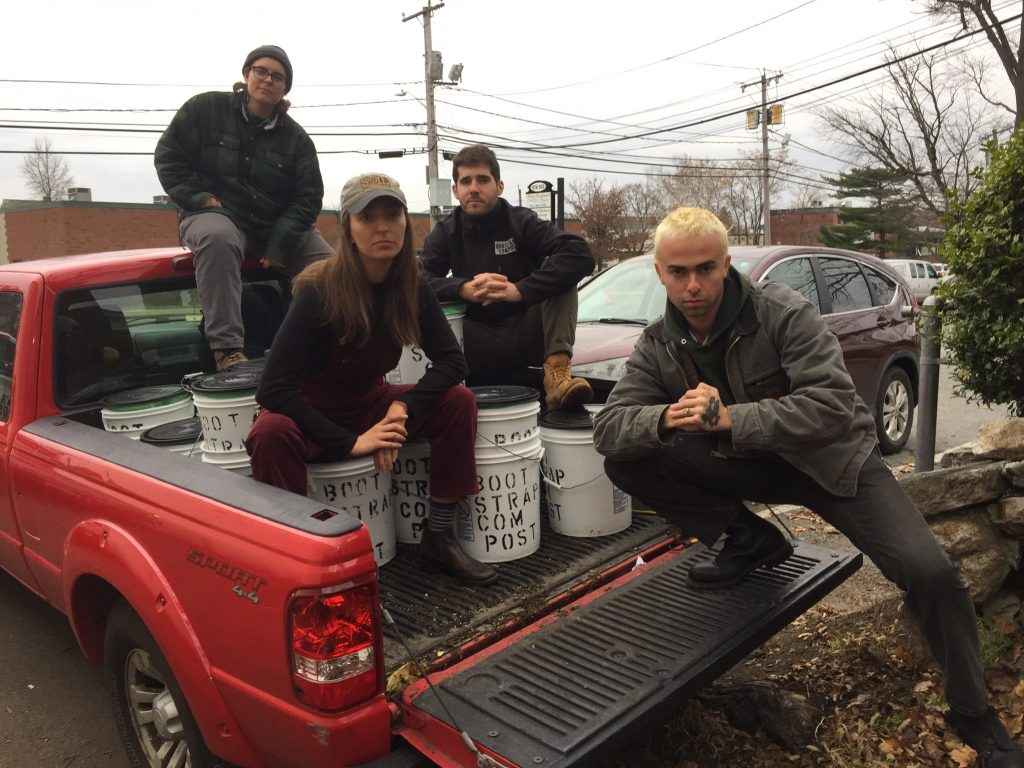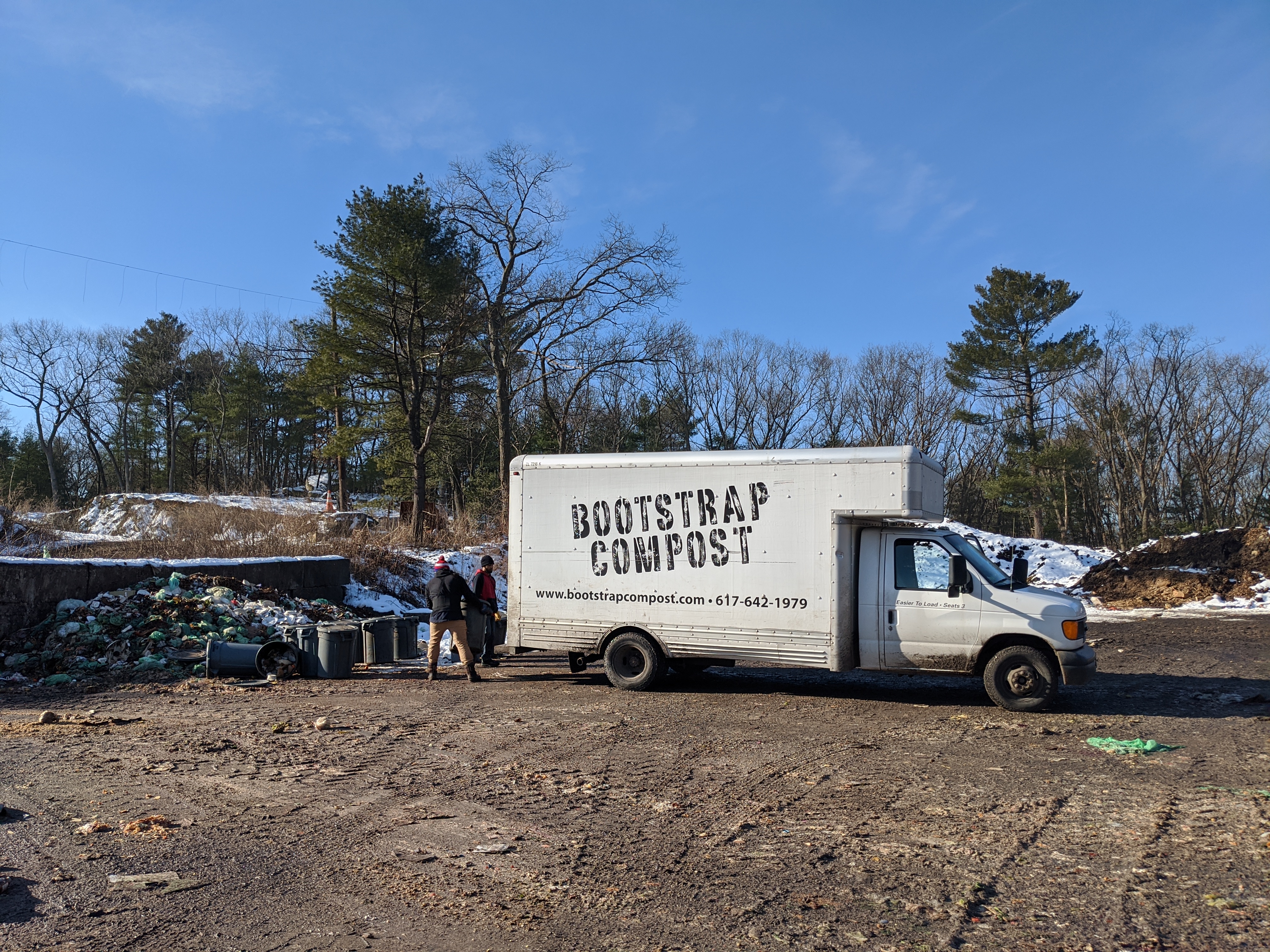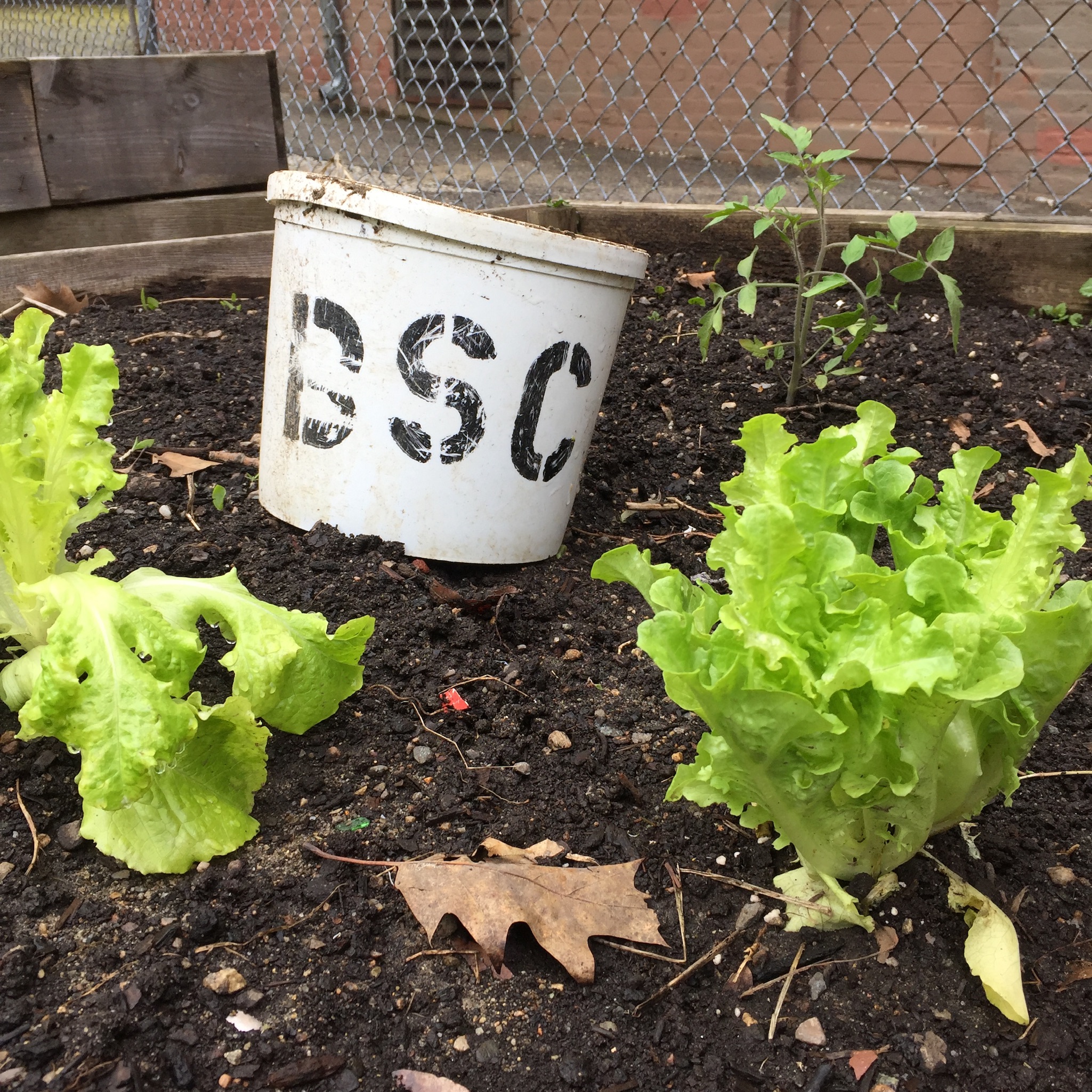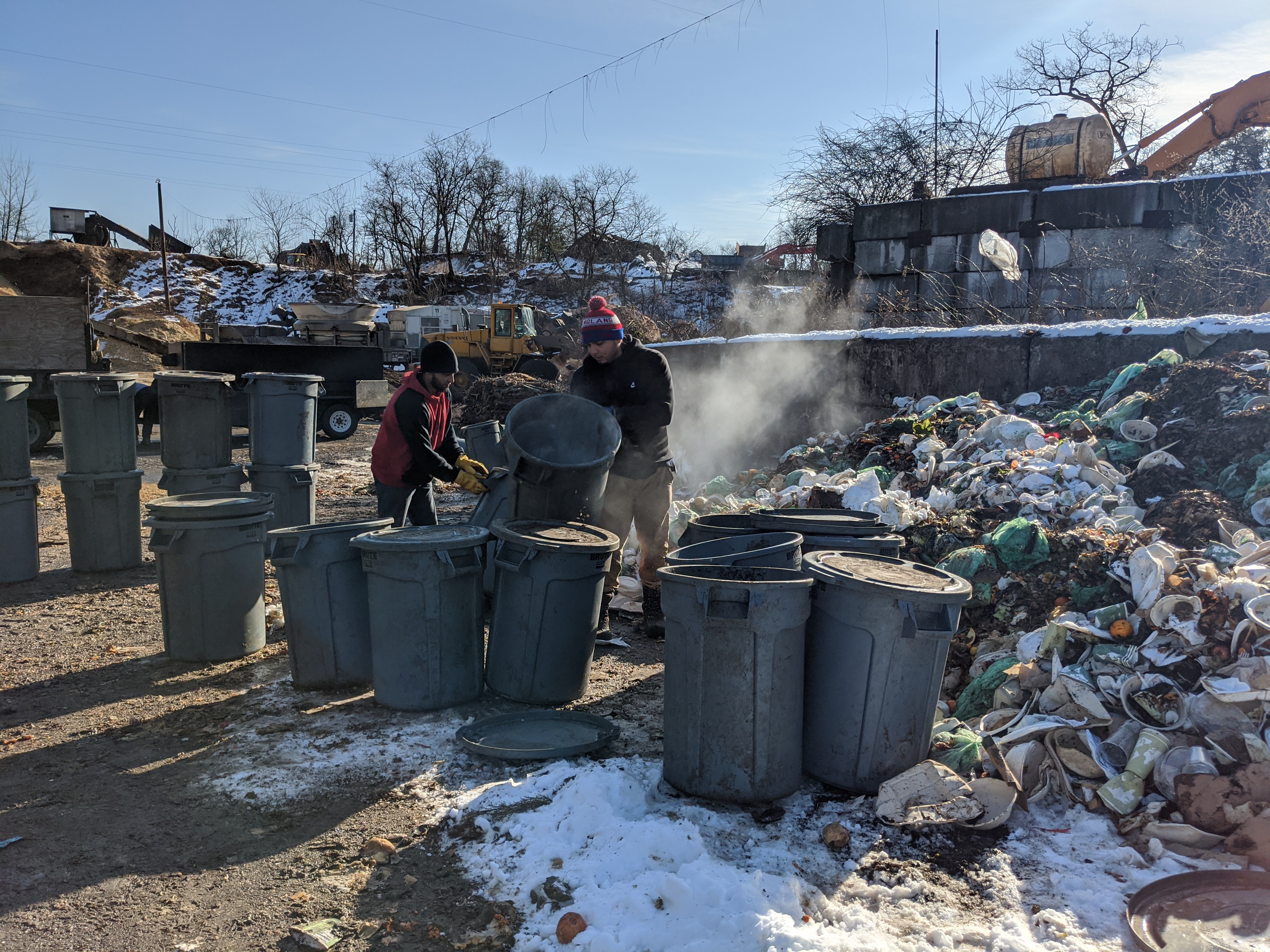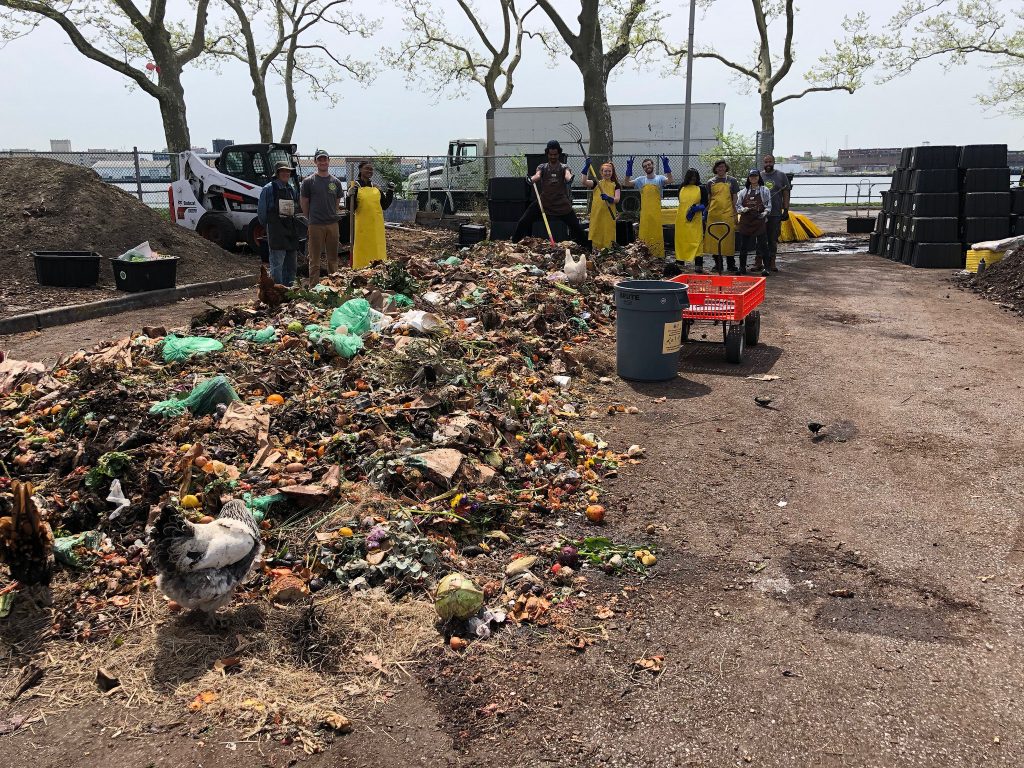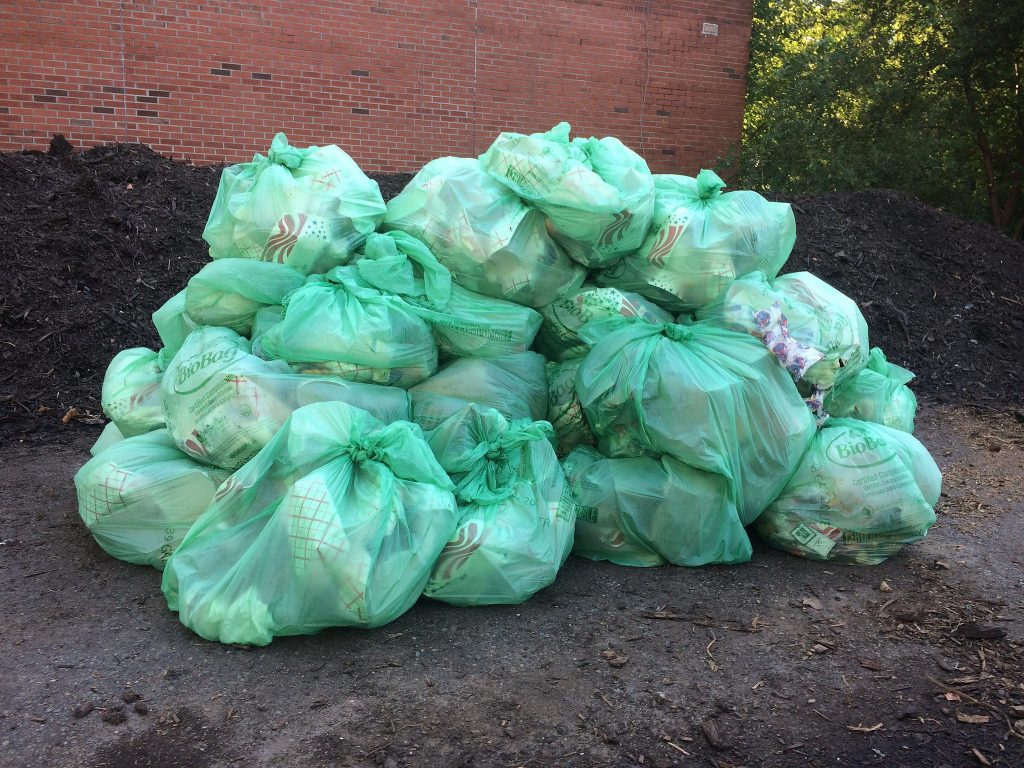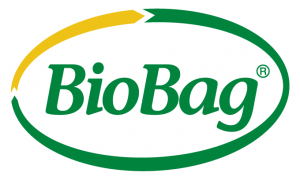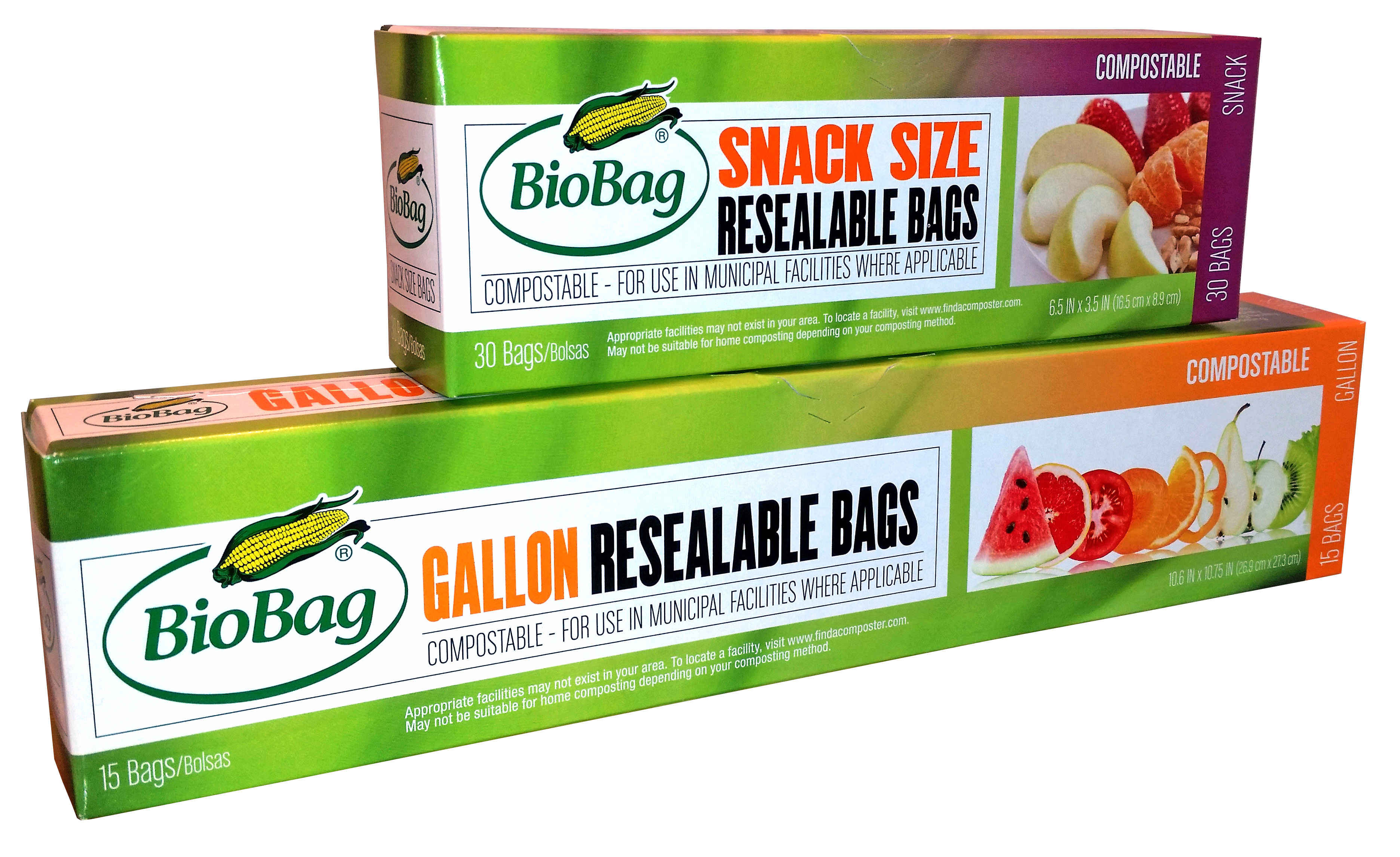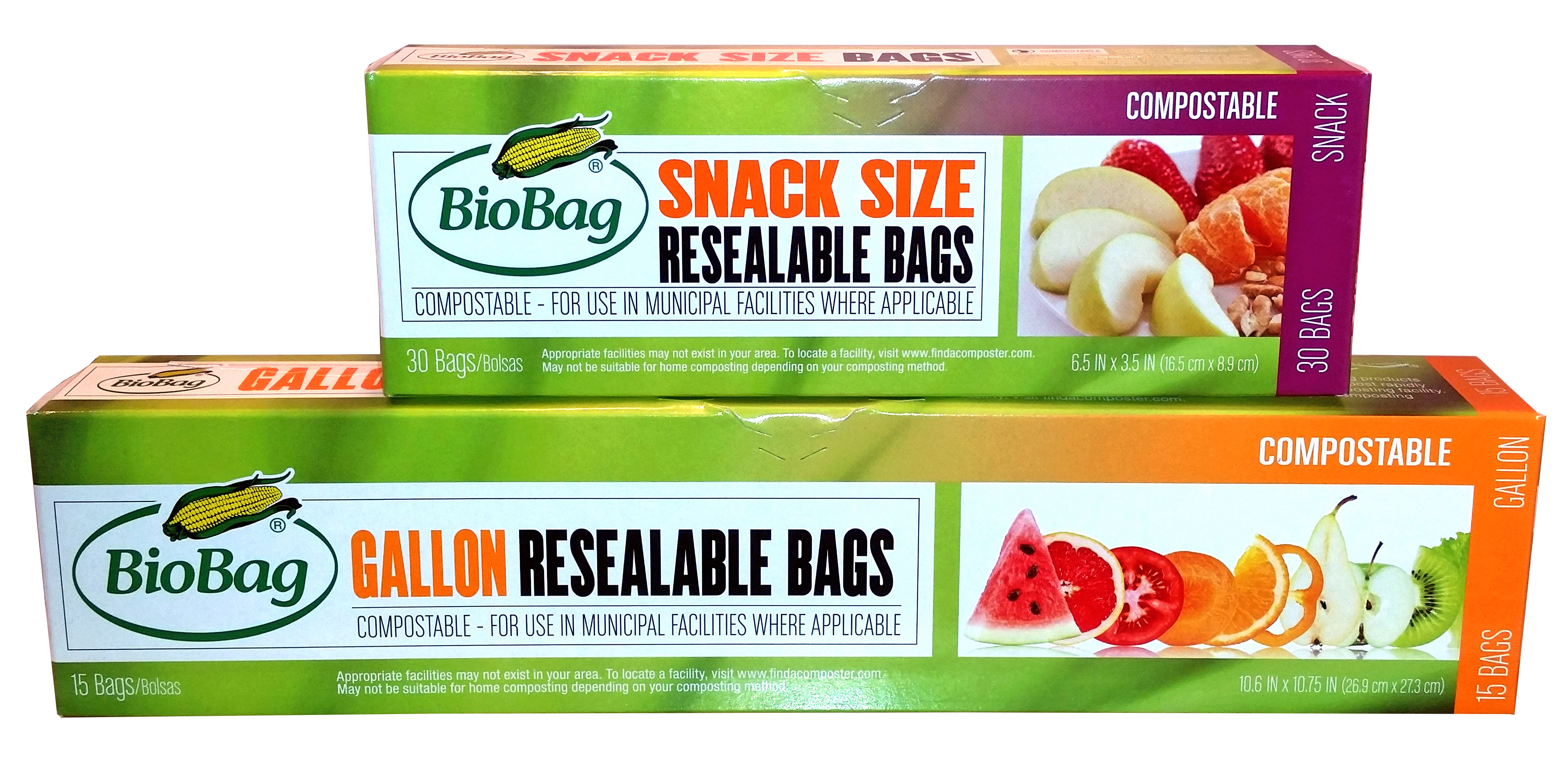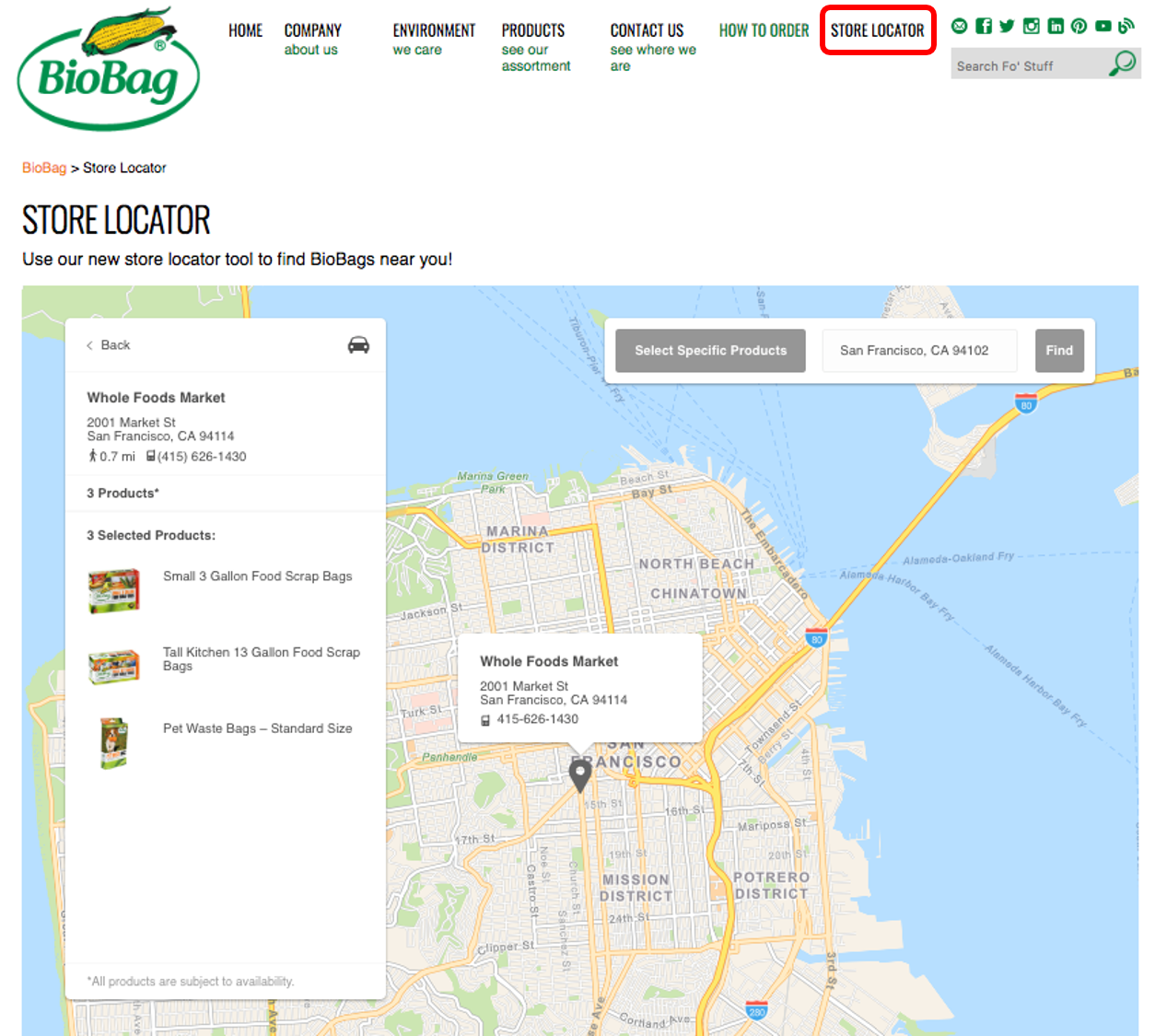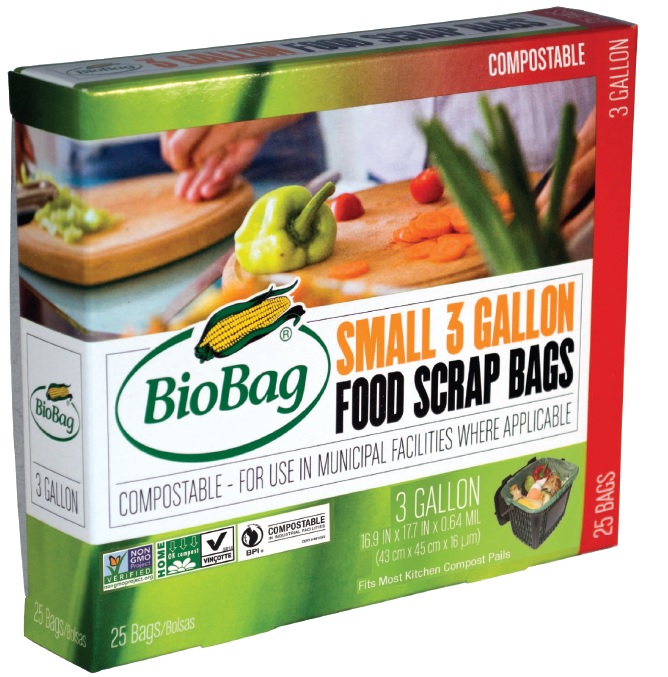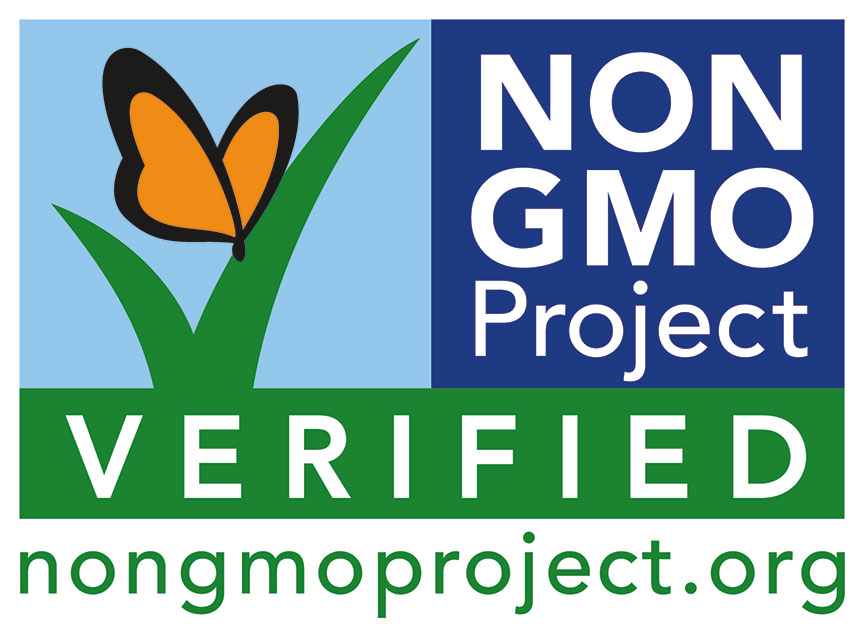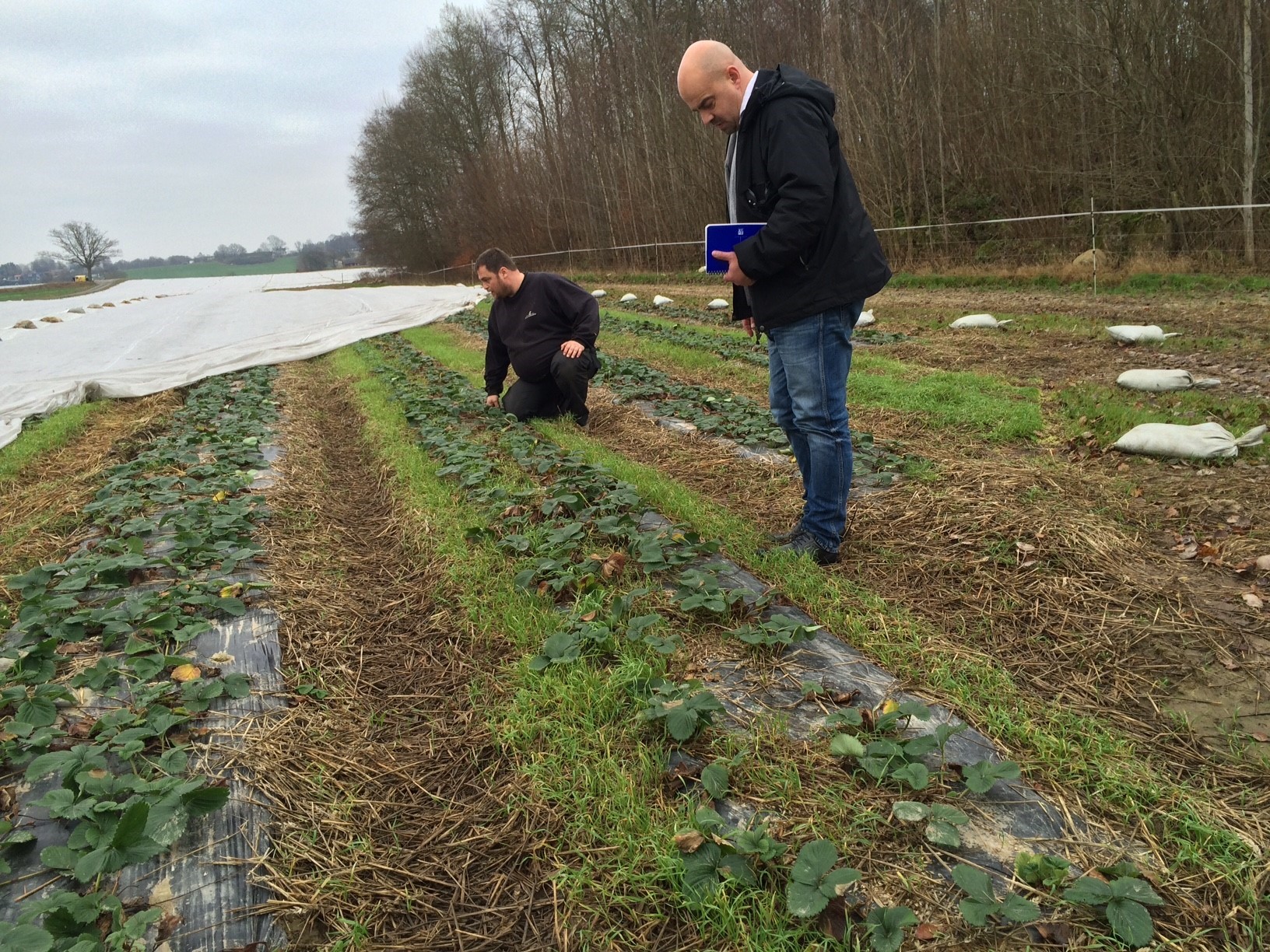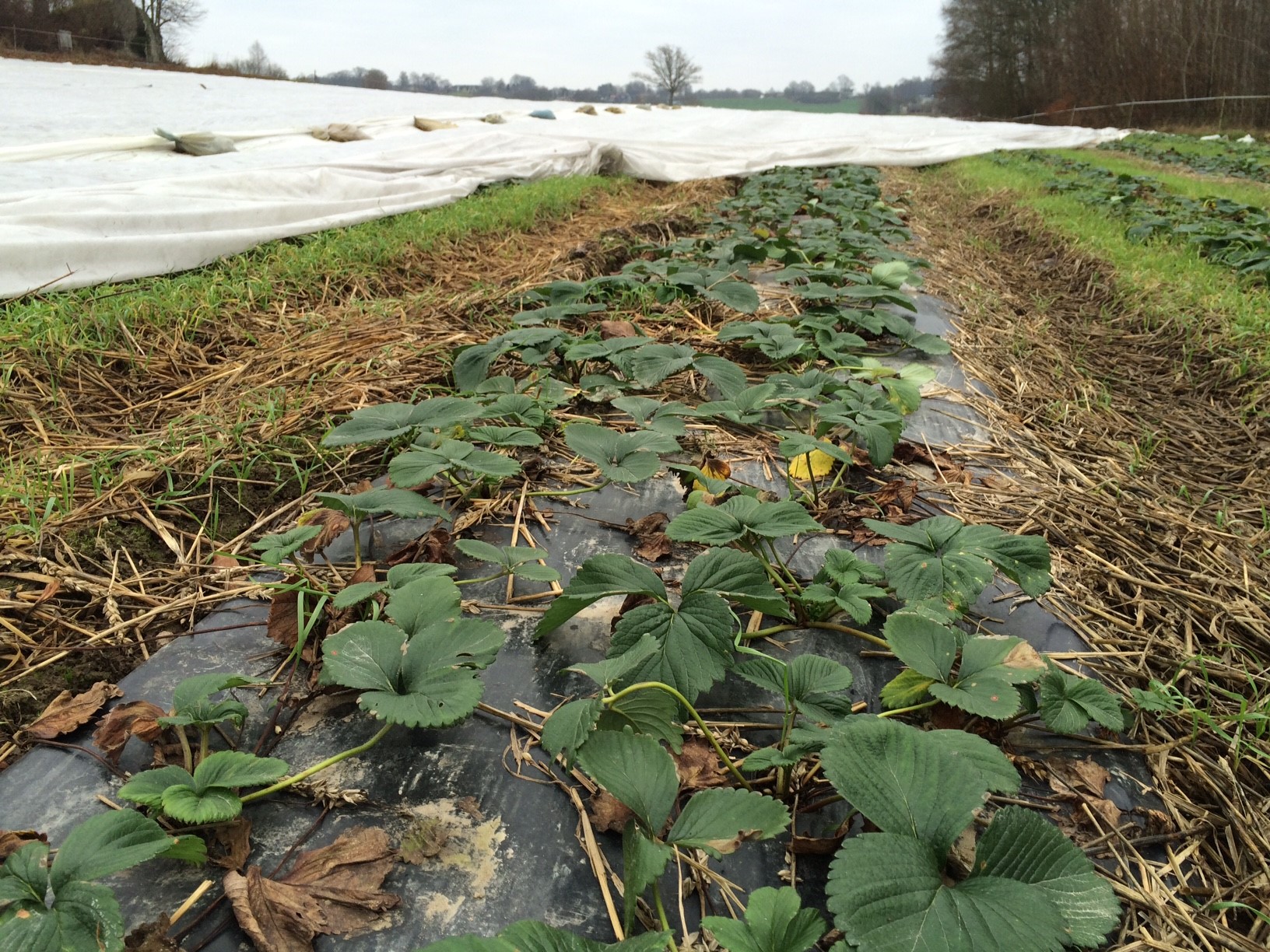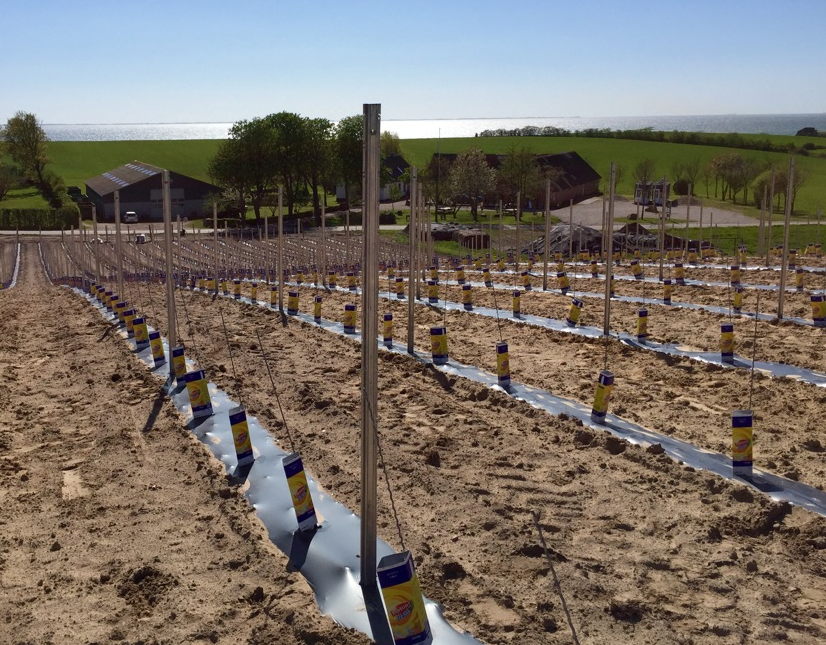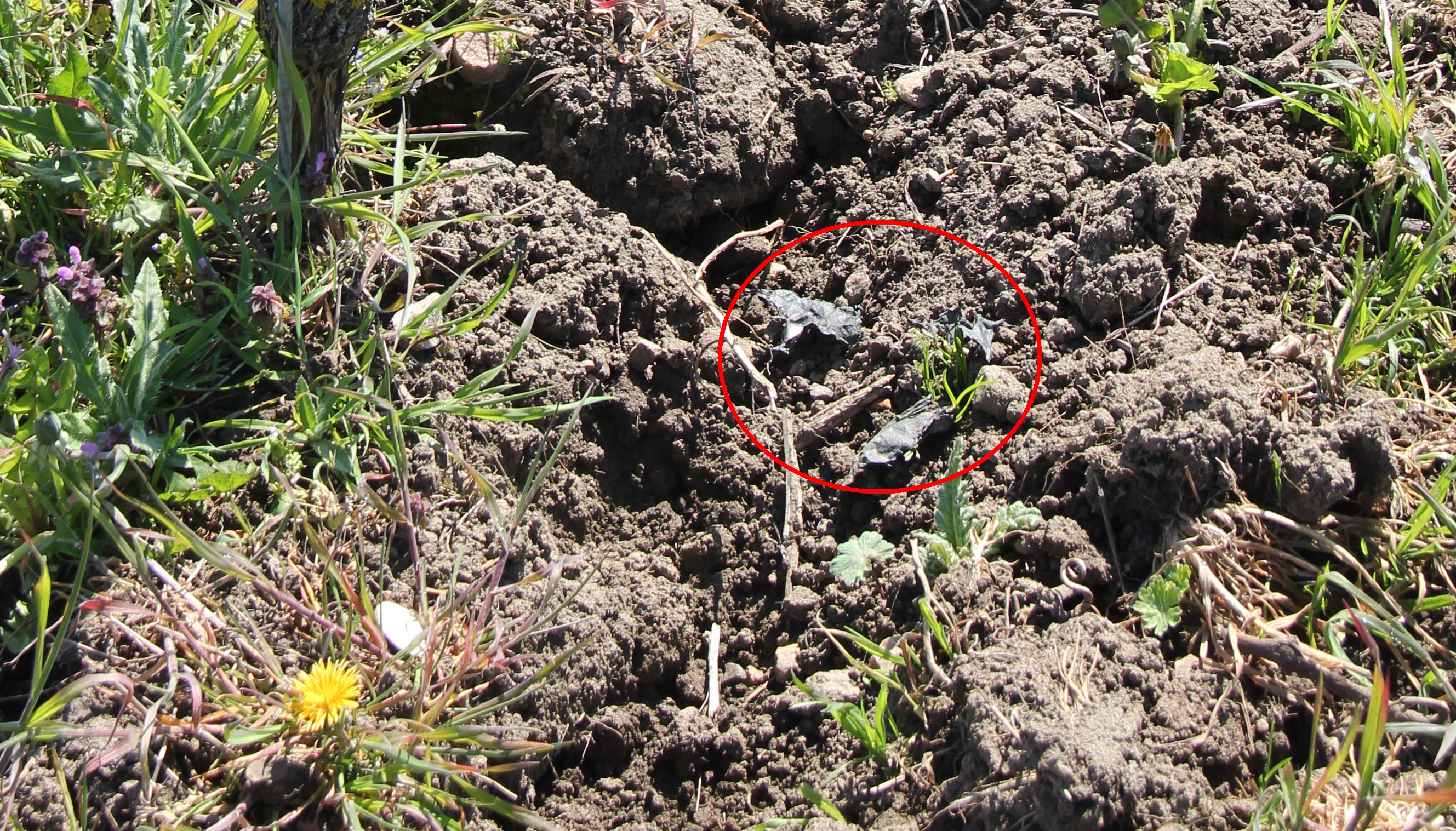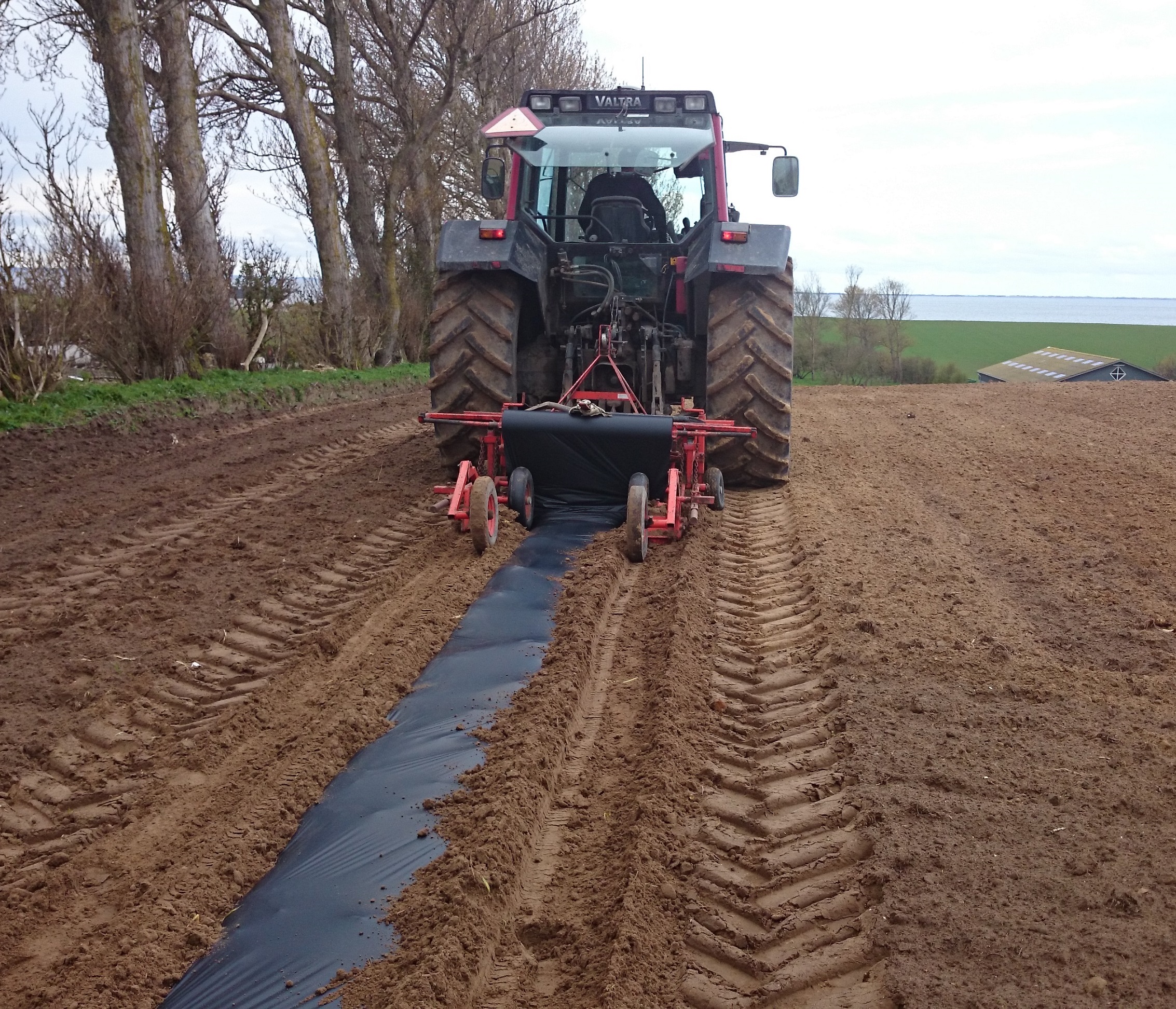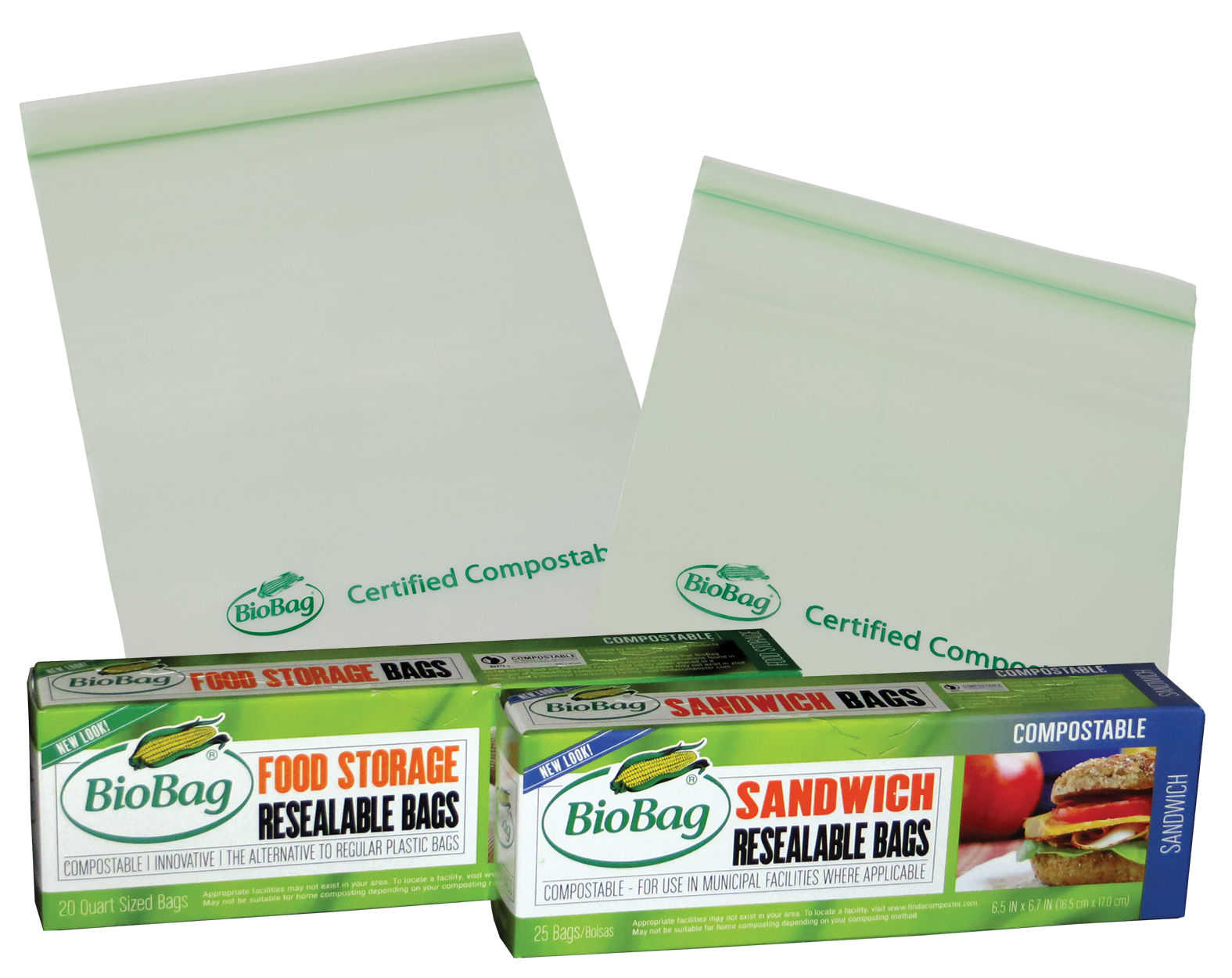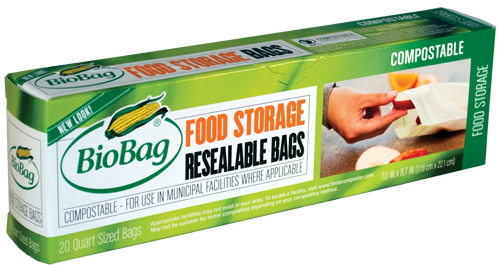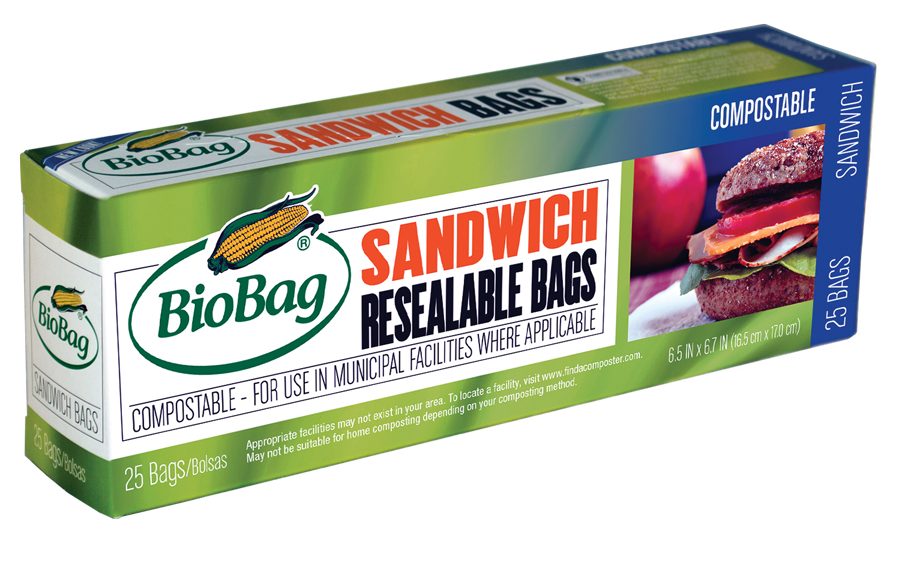Welcome to BioBag’s new Community Heroes series! Each month, we will highlight community heroes that are making a difference in their communities and working to make their local environments cleaner and healthier.
This month, we are taking a look at the Rust Belt Riders!
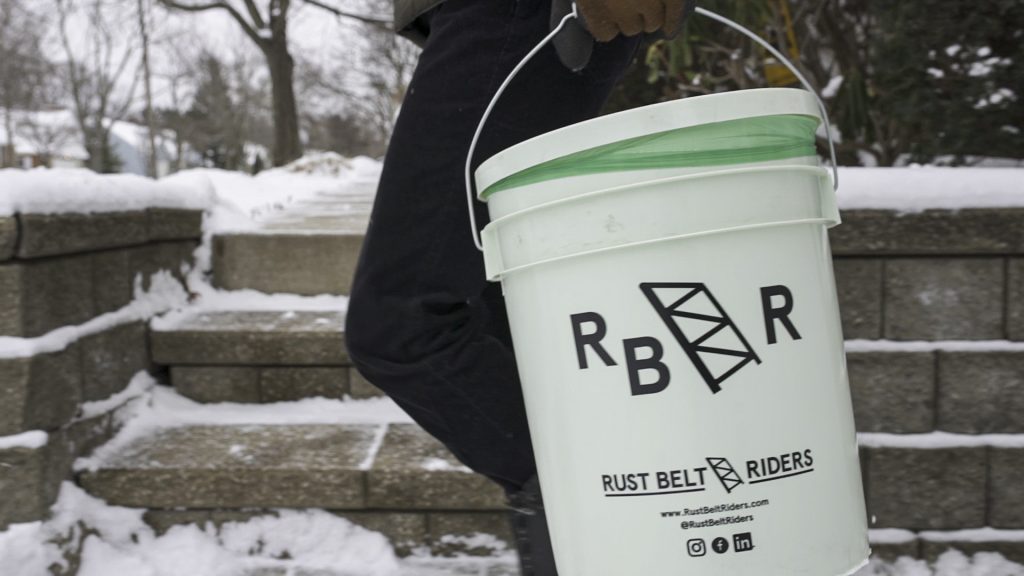
Since 2014, Rust Belt Riders has been working with people and organizations across Northeast Ohio to provide them with a clean and timely alternative to landfills for food waste. Their services include commercial hauling, educational workshops, zero-waste events, and – coming soon – residential services. BioBag Associate Michael Downss spoke to Daniel Brown, co-founder of Rust Belt Riders. Their interview is transcribed below.
What led you to start your composting operation?
Daniel: Founded in 2014 by Michael Robinson and Daniel Brown, Rust Belt Riders began after toiling for more than two years on a pretty typical urban garden. The soil was highly compacted, denuded of nutrients, and this made growing herbs and vegetables a difficult proposition. When we weren’t working on the garden, our nights and weekends were spent at a farm-to-table restaurant. There, we saw how even businesses with the best intentions did not have a viable alternative to landfills for food waste. After raising some funds from friends and family members, Rust Belt Riders was born.
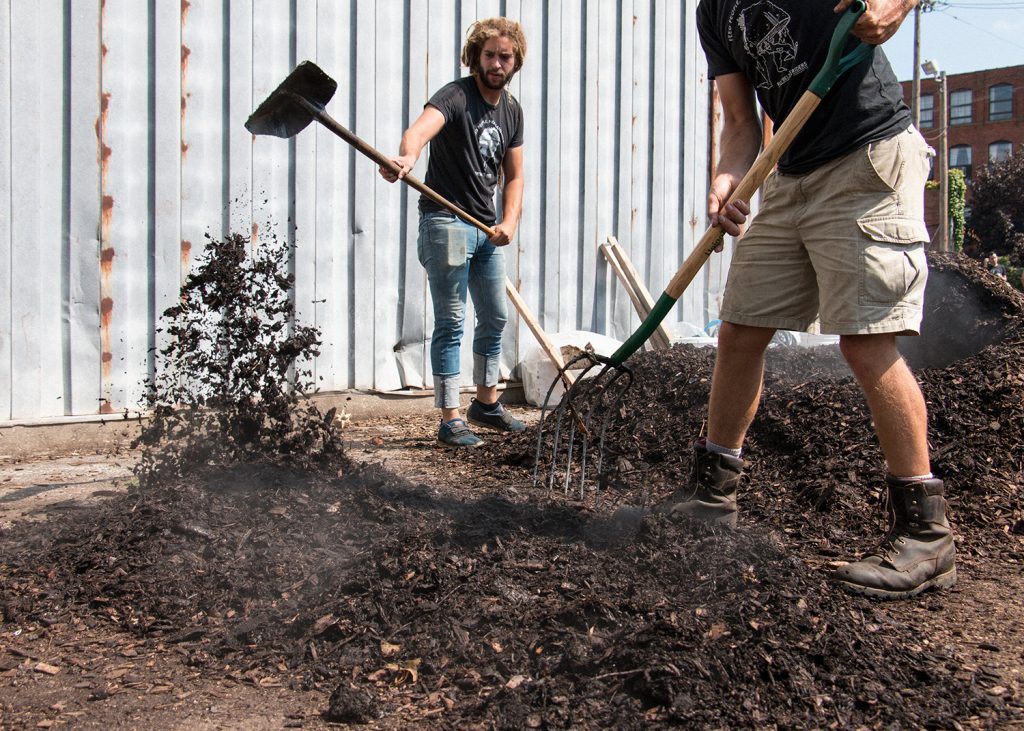
Who do you serve, and how can people get in touch with you if they want to start composting?
Daniel: Rust Belt Riders serves businesses, organizations, and individuals all over Northeast Ohio. Clients can get in touch with us online, over social media, and regularly at community events and farmers markets where we are very active. Reach out to us today to start the conversation!
How much organic material do you typically take in on a weekly basis?
Daniel: We collect around 50,000 pounds of food waste each and every week.
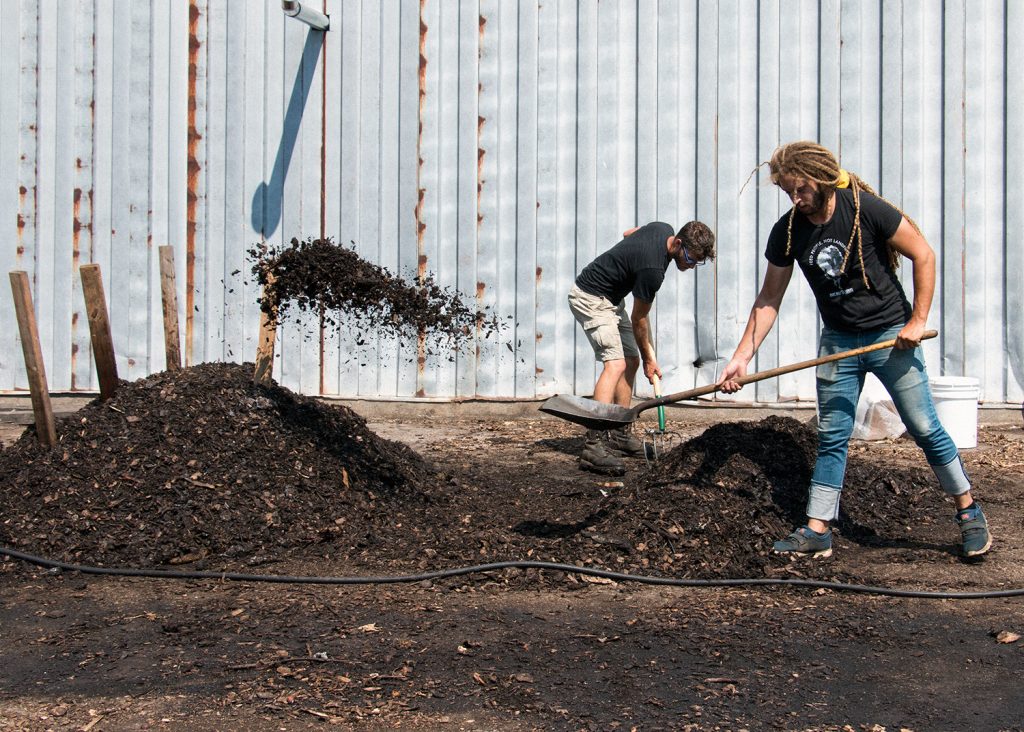
Please give us one fun fact about your business.
Daniel: For nearly the first year of our existence, all the food scraps we collected were collected by bicycle with a custom-made trailer attached to the back of it.
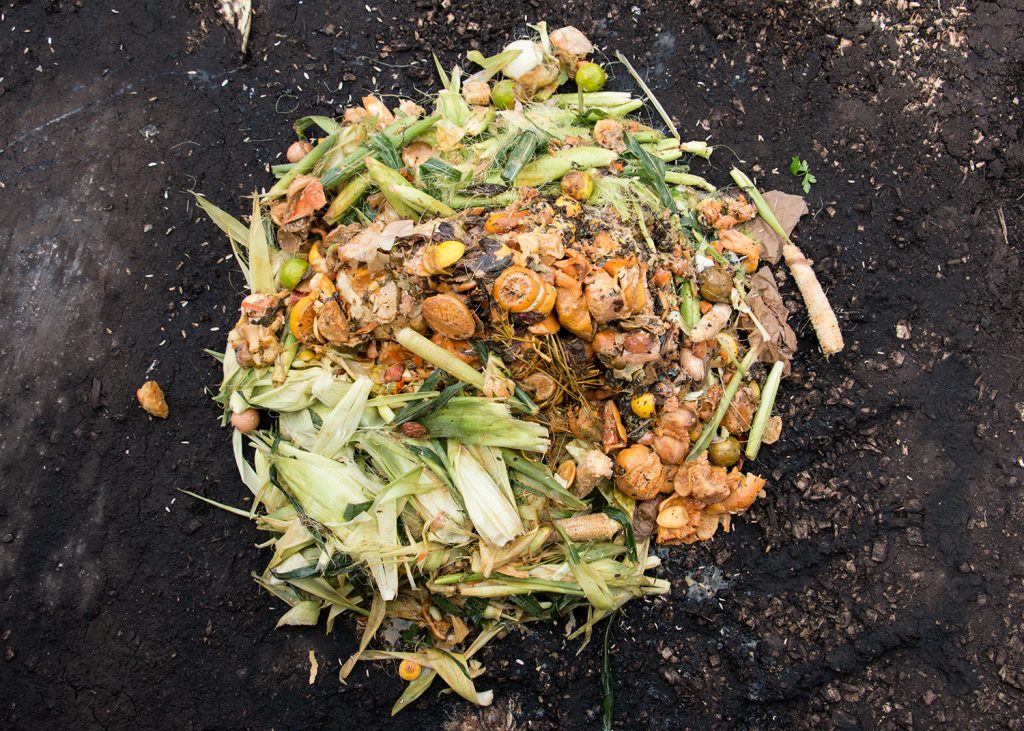
If you would like to be featured in a future edition of Community Heroes, please email us at marketing@biobagusa.com.
